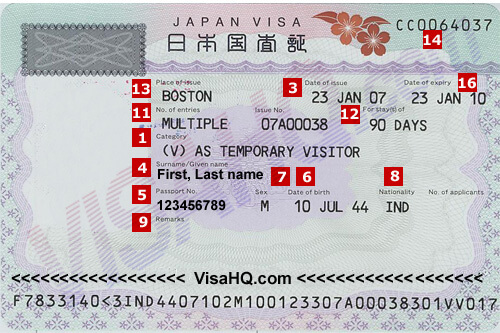Japan Embassy list in Croatia
Need help?Chat with us
Importance of Trip Registration at the Japan Embassy
Registering your trip with the Japan embassy is crucial for safety, as it allows the embassy to assist citizens during emergencies. In scenarios such as natural disasters—like earthquakes or typhoons—having your trip details registered enables the embassy to quickly locate you, provide assistance, and relay essential information. In cases of political unrest, embassy registration can facilitate communication, ensuring that you receive timely updates about safety measures or evacuation procedures. Moreover, in medical emergencies, the embassy can coordinate with local healthcare facilities and provide vital support. Being registered enhances not only your safety but also your peace of mind, knowing that help is readily available should the need arise.
Japan Embassy FAQs
Can the Japan embassy assist in legal issues abroad?
Yes, the Japan embassy can provide general information and assistance for legal issues, including referrals to local legal services. However, they cannot act as legal representatives.What should I do if I lose my Japan passport in Croatia?
If you lose your passport, report the loss to local authorities and contact the Japan embassy in Croatia immediately for assistance in obtaining a replacement.Does the Japan embassy provide language assistance?
Yes, the embassy offers language assistance services and resources to help Japanese nationals navigate local laws and cultural barriers.Can the Japan embassy help with local enrollment in schools?
While the embassy does not directly enroll students, they can provide information on educational systems and institutions available for Japanese nationals in Croatia.
Services Provided by Japan Embassies in Croatia
Passport Services
- Issuance of new passports
- Renewal of existing passports
- Replacement of lost or stolen passports
Visa Issuance for Foreign Nationals
- Processing visa applications for entering Japan
Assistance in Legal or Medical Emergencies
- Guidance in legal matters
- Coordination for medical emergencies
Travel Alerts and Safety Updates
- Dissemination of travel warnings and safety updates pertinent to Japanese nationals
Support for Nationals Detained Abroad
- Assistance and information for Japanese citizens facing detention or legal issues abroad
Summarized Diplomatic Presence
Japan maintains a significant diplomatic presence in Croatia through its embassy located in the capital, Zagreb. The primary function of the embassy is to foster and strengthen bilateral relations between Japan and Croatia, focusing on trade, cultural exchange, and cooperation in various sectors. The embassy also aids Japanese nationals in the region, providing essential services and support. Establishing and maintaining a robust diplomatic relationship is vital for enhancing mutual understanding and collaboration between the two nations, which further contributes to stability and prosperity in the region.
